Microsoft SQL Server Standard 2017 is a relational database management system (RDBMS) designed to support a wide range of data applications, including business intelligence, data warehousing, and transaction processing. It provides a robust set of features for managing and analyzing data, making it suitable for small to medium-sized businesses. Key Features:
- Performance and Scalability: SQL Server Standard 2017 offers high performance and scalability for database applications. It includes features like in-memory OLTP, which can significantly boost transaction processing speeds, and support for up to 24 cores.
- Security: Provides advanced security features to protect your data. This includes Always Encrypted, which ensures that sensitive data is encrypted both at rest and in transit, and Row-Level Security, which allows you to control access to specific rows in a database table.
- High Availability and Disaster Recovery: Includes features like Basic Availability Groups, which provide high availability for critical applications, and backup encryption, which helps protect your backups from unauthorized access.
- Business Intelligence: SQL Server Standard 2017 includes tools for business intelligence, such as SQL Server Reporting Services (SSRS) and SQL Server Analysis Services (SSAS). These tools allow you to create, deploy, and manage reports and analytical models.
- Integration Services: SQL Server Integration Services (SSIS) is included, providing a platform for building enterprise-level data integration and data transformation solutions.
- Advanced Analytics: Supports advanced analytics with R and Python integration, allowing you to run advanced analytics and machine learning models directly within the database.
- Cross-Platform Support: SQL Server 2017 can run on Windows, Linux, and Docker containers, providing flexibility in deployment options
- Developer Tools: Includes a range of developer tools to enhance productivity, such as SQL Server Management Studio (SSMS) for database management and Visual Studio integration for development.
- Data Warehousing: Features like columnstore indexes and data compression help optimize data warehousing workloads, improving query performance and reducing storage requirements.
- JSON Support: Native support for JSON allows you to parse, store, and query JSON data, making it easier to work with modern web applications.
- Graph Data Processing: Includes graph database capabilities, allowing you to model and query graph data using T-SQL.
- Temporal Tables: Temporal tables automatically track historical changes to data, making it easier to analyze trends and changes over time.
- PolyBase: Allows you to query data from external sources, such as Hadoop or Azure Blob Storage, using T-SQL.



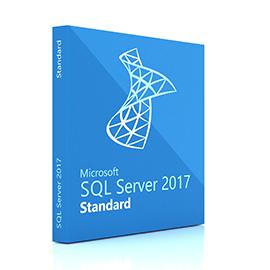


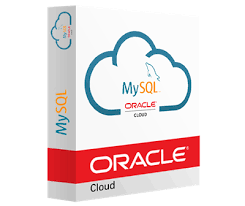




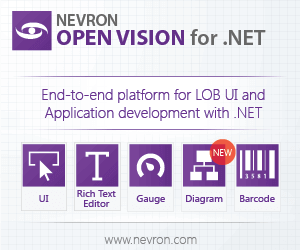








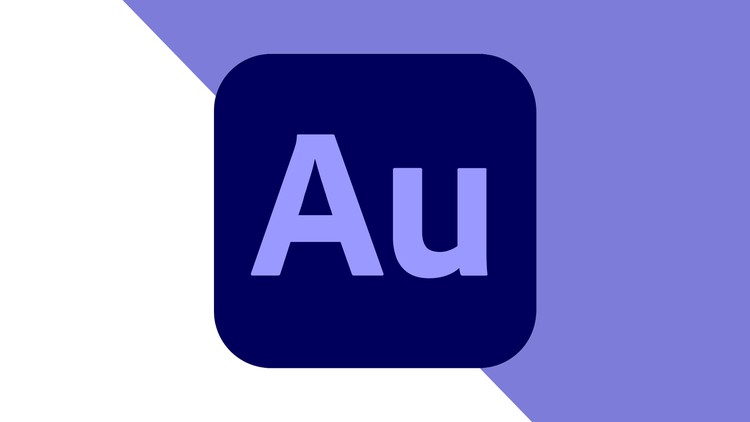
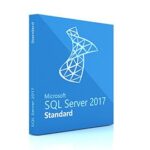
There are no reviews yet.